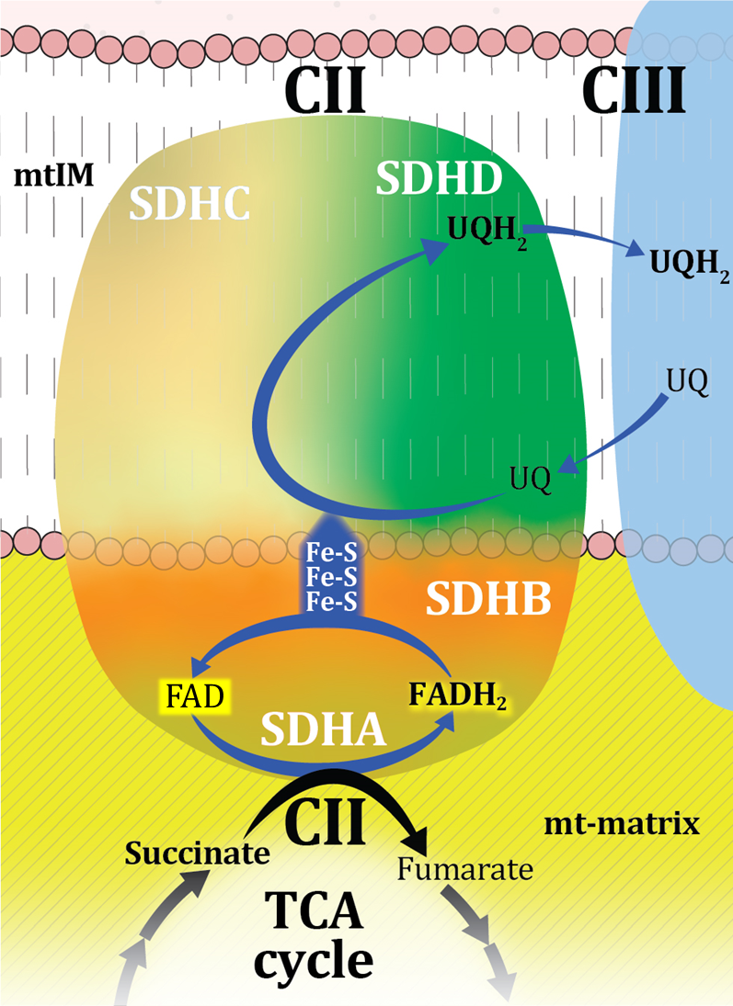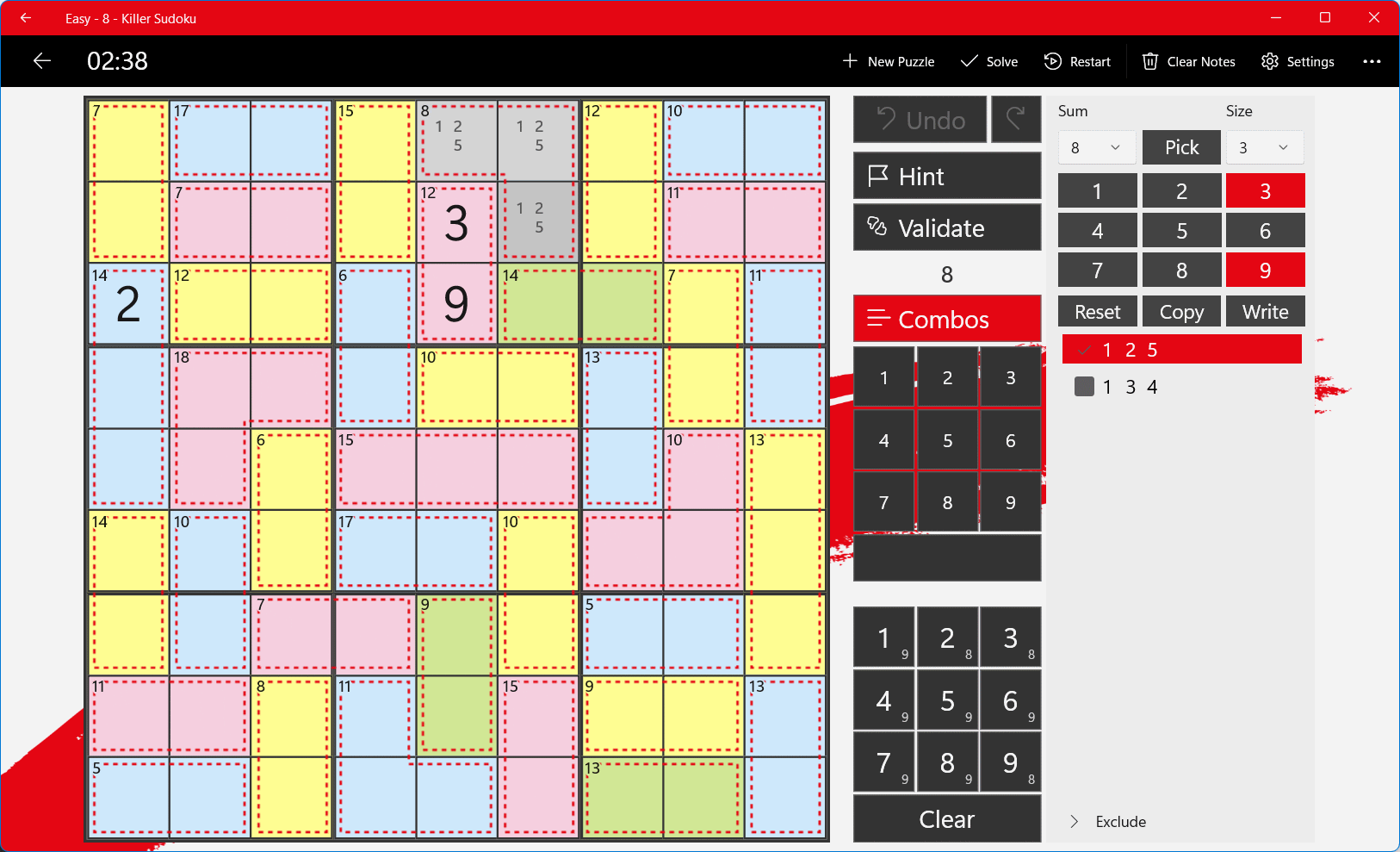Development of Adverse Outcome Pathway for PPARγ Antagonism Leading to Pulmonary Fibrosis and Chemical Selection for Its Validation: ToxCast Database and a Deep Learning Artificial Neural Network Model-Based Approach
Por um escritor misterioso
Descrição

AOP for PPARγ inactivation leading to fibrosis. MIE is an inactivation

Development of AOP relevant to microplastics based on toxicity mechanisms of chemical additives using ToxCast™ and deep learning models combined approach - ScienceDirect
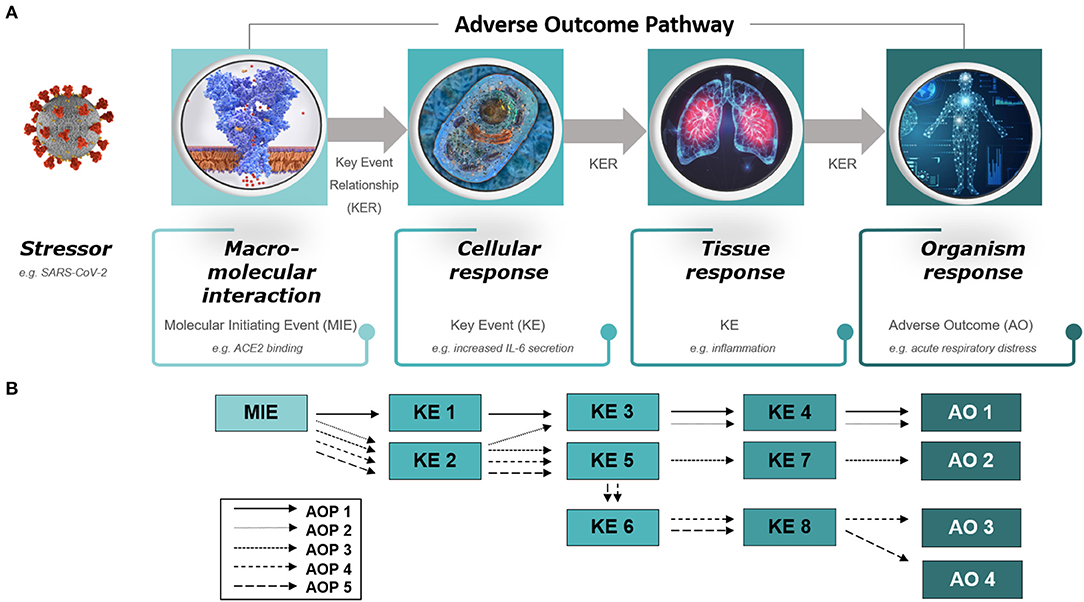
Frontiers Systematic Organization of COVID-19 Data Supported by the Adverse Outcome Pathway Framework
GitHub - UOSEST/Jeong-et-al-2019-CRT-ToxCast-AOP206
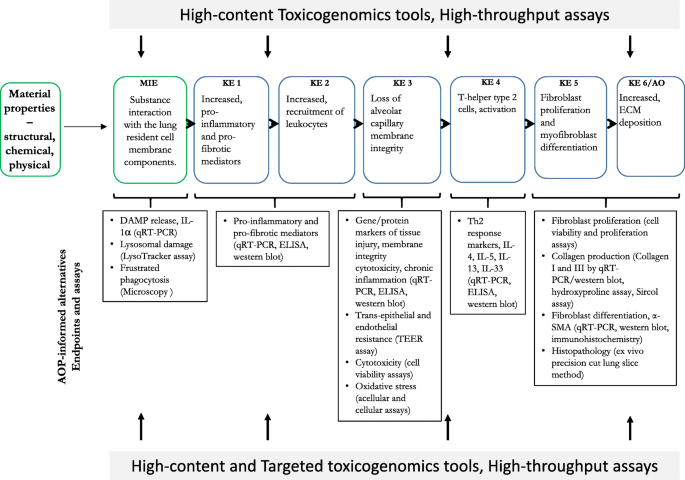
Adverse outcome pathways as a tool for the design of testing strategies to support the safety assessment of emerging advanced materials at the nanoscale, Particle and Fibre Toxicology

PDF) Development of Adverse Outcome Pathway for PPARγ Antagonism Leading to Pulmonary Fibrosis and Chemical Selection for Its Validation: ToxCast Database and a Deep Learning Artificial Neural Network Model-Based Approach
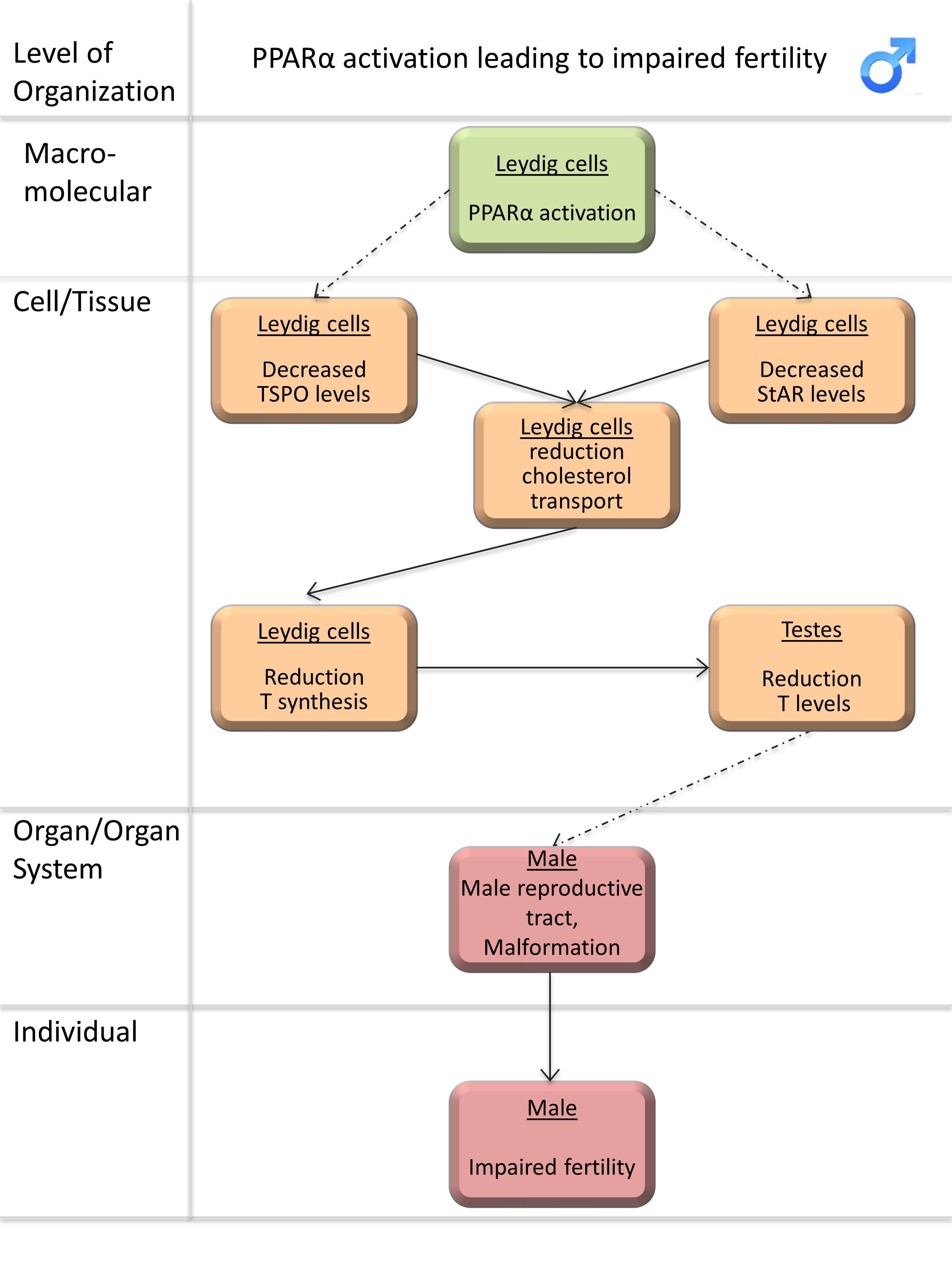
8. Adverse Outcome Pathways — ComptoxAI 0.1a documentation

In silico approaches in organ toxicity hazard assessment: Current status and future needs for predicting heart, kidney and lung toxicities. - Abstract - Europe PMC

Defining Molecular Initiating Events in the Adverse Outcome Pathway Framework for Risk Assessment

PPARγ agonists inhibit TGF-β induced pulmonary myofibroblast differentiation and collagen production: implications for therapy of lung fibrosis

Integrative Data Mining Approach: Case Study with Adverse Outcome Pathway Network Leading to Pulmonary Fibrosis
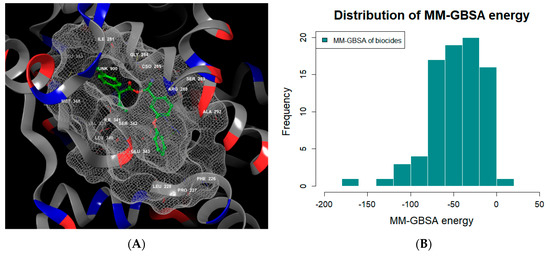
Toxics, Free Full-Text
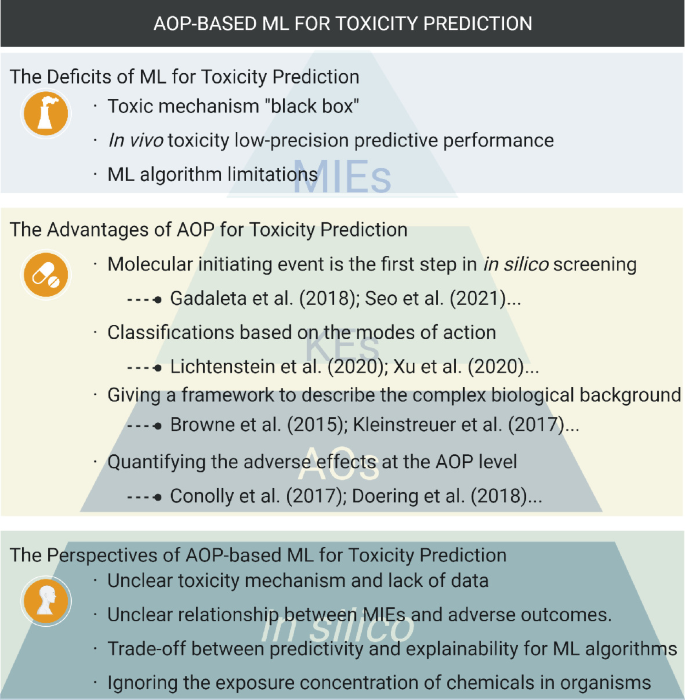
AOP-Based Machine Learning for Toxicity Prediction
de
por adulto (o preço varia de acordo com o tamanho do grupo)


